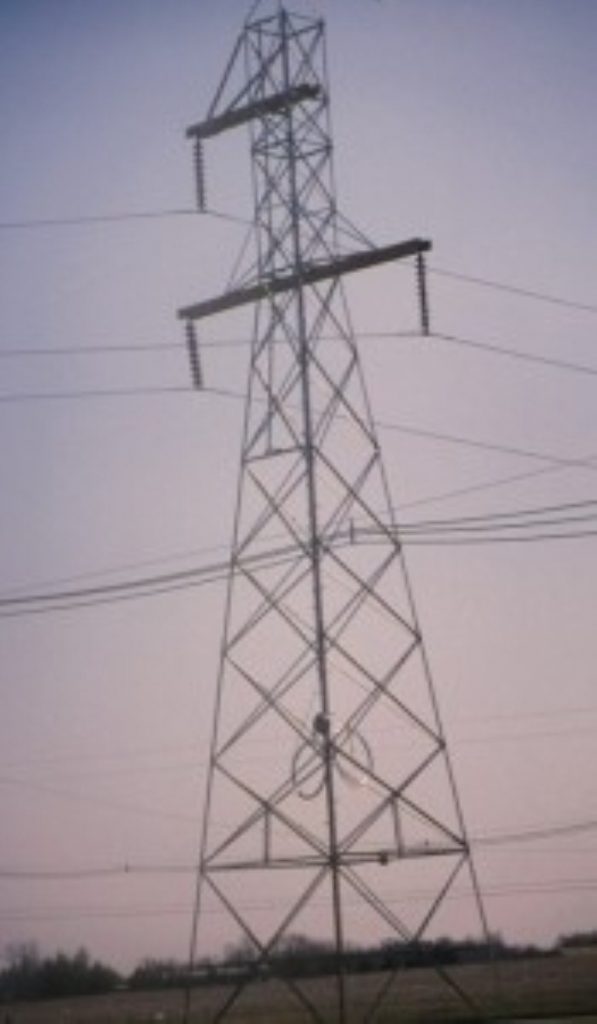Nuclear option ‘important carbon-free power source’
Ruling out nuclear power as a viable alternative to fossil fuel-based electricity generation will thwart global efforts to control damaging carbon dioxide emissions, according to a team of researchers from the Massachusetts Institute of Technology and Harvard.
By 2020 it is anticipated that electricity from fossil fuels will account for over 40% of greenhouse gas emissions, and already accounts for a disproportionately high portion of carbon emissions.
“In the US, 90% of the carbon emissions from electricity generation come from coal-fired generation, even though this accounts for only 52% of the electricity produced”, according to Professor John Deutch, who co-chaired what he describes as “the most comprehensive, interdisciplinary study ever conducted on the future of nuclear energy.”
The nuclear option must be retained “precisely because it is an important carbon-free source of power”, the report concludes.


However, there are four unresolved problems dogging the arguably necessary expansion in global reliance on nuclear power, it is explained: high relative costs; perceived adverse safety, environmental and health effects; potential security risks stemming from nuclear proliferation; and unresolved challenges in long-term management of nuclear waste.
MIT physics Professor Ernest Moniz – who also co-chaired the study – points out: “There is no question that the up-front costs associated with making nuclear power competitive are higher than those associated with fossil fuels”.
But there are ways of mitigating this detrimental cost burden, and as Prof Moniz points out: “over time, the societal and environmental price of carbon emissions could dramatically improve the competitiveness of nuclear power.”
The researchers suggest offering tax credits to private sector investors who successfully build new nuclear plants that would also apply to other carbon-free electricity technologies.
Government should develop techniques to analyse the health and safety risks of fuel cycle facilities, together with the introduction of a balanced long-term waste management research and development program from the US Department of Energy.
The study also urges the DOE to research alternative methods of engineering reactors and fuel cycles to determine relative cost, safety, waste, and proliferation resistance, before more money is invested in further expensive development projects.
Encouraging countries that avoid proliferation-risky enrichment and reprocessing activities is also suggested, by giving these nations preference on the provision of nuclear fuel and waste management services.
The British government’s pledge – in February this year – to produce 20% of electricity from renewables in a bid to cut the pollution widely blamed for climate change, notably did not call for more nuclear power stations to be built.
Some are concerned that unless investment in nuclear energy is made now, the UK will suffer from a threat to security of supply in the coming decades, as ‘dirty’ coal fired power stations are shut down.
The Institution of Civil Engineers warned at the beginning of July that within two decades, 80% of the gas needed to fuel power stations will come from “politically unstable” countries thousands of miles away.
Two weeks ago ministers announced the creation of massive wind farms at three sites just off the coast, which will generate as much energy as about six nuclear power stations, but there are criticisms this may prove an unreliable form of power.
The authors of the American study, while stressing the need for a continued pursuit of the nuclear option, do note that this is not the only non-carbon means of generating power, and should be pursued along with renewable energy sources, increased efficiency and carbon sequestration.

